|
I've said it before and I'll say it again. Puppies are exhausting! While we are in the midst of puppy mayhem, I thought it would be a good time to write about how we are managing so that I can share this in the future with puppy clients. There are so many things you are faced with when you bring a puppy home. Housetraining, chewing, feeding, biting, socializing, and also sleep for the humans. How to do it all? Puppy above has been named Ketch. He is a Border Collie, from highly successful working dog lines. And by working, I mean herding livestock. That is what we would like him to do when he grows up, so that’s what we looked for in a puppy. We picked him up at nine weeks old. He had an incredible journey with four different transporters to get him home because he came from Canada during the pandemic. It was a minor miracle to get him here. He came through the journey wonderfully, showing boldness and confidence once we got him out of the car at home 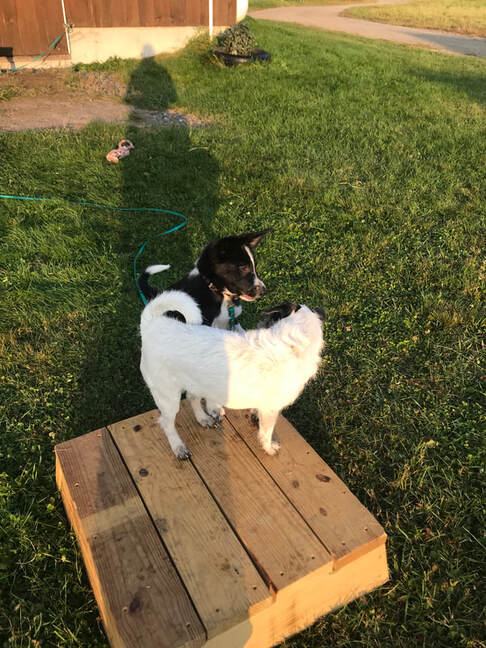 The first week was spent adjusting to his new home. There was plenty new for him to see and do just in acclimating to his new environment. We didn’t ask any more of him than that. We were able to introduce Ketch to our other dogs fairly gradually. He met the two terriers right off since he would be sharing living spaces with them. Our adult Border Collie lives in a separate part of the house so we waited a couple days before introducing them. He still has not met the Maremmas who live with the sheep although they have seen each other from a distance. That’s the best way to introduce puppies to other dogs. Let them see them at a distance first, play in adjoining spaces so they can see, smell, and hear the others before allowing contact. There is no need to introduce him to a zillion new dogs this early. I knew the terriers had the temperaments to be kind to a puppy. I also loaded on the attention to existing dogs in the household. Puppies get a lot of attention automatically. Our older dogs were given special time and treats. When the puppy is sleeping, I can take the older dogs out for a favorite walk or ride in the car. When doling out puppy food, toys and other things, I make sure the big dogs get some too. I cut back on the amount in their regular meals if necessary to avoid weight gain. During the first week of adjustment we just tried to ride the waves. We immediately set up a cycle I learned years ago from Ian Dunbar which is based on puppy needs: sleep -> eliminate -> play -> eat -> repeat We stuck to this cycle but the initial period was bound to be bumpy since we didn't know how long each phase would be. Setting up a puppy apartment for Ketch made it so much easier. When I learned the above cycle, the sleep phase was to be done in a crate and the play phase was under supervision. Having clients who had to spend long hours at work, we worked together to come up with a way to attach an ex-pen to the crate so the puppies had more room to play when people weren't home to supervise. More recently I added a planned potty area to the apartment as well after looking into the popular “Puppy Culture” materials. Knowing that puppies have small capacity, giving them an acceptable area to use can eliminate accidents on floors and carpets. For Ketch, I put an old stained towel in his crate so if he chewed it up, I didn’t care. I used a boot tray for his potty area. Ketch had been living in a barn on straw with his littermates so I knew that straw would help him transition to the idea of using the tray. Because straw isn’t absorbent but just allows fluids to seep through, I added pee pads under it. There was plenty of room in the rest of the ex pen for playing with toys and chewing on things I offered, and there was no access to furniture or shoes. The only time he was out of this area was when we were fully supervising, meaning eyes on puppy at all times! Mostly that was outdoors but we did occasionally let him play in the house as long as we were sure his bladder and bowels were empty. I spent a lot of time the first couple days helping him adjust to this area. I learned with our previous Border Collie that just putting a puppy in it and walking away creates a miserably lonely puppy who can quickly learn to climb an ex pen and get out! Instead, I made sure Ketch was good and tired before I put him in it, and I sat in a chair right on the other side of the pen so I was close and could reach in to soothe him gently as he settled down. Two weeks later, I know he could easily climb out but he doesn’t even try (knock on wood) because he is conditioned to settle down when put inside. Nights- I made two accommodations for nighttime. The first was that I brought his crate into our bedroom and put it right next to the bed. That way he could smell us close, hear us breathing (snoring) and I could reach into his crate with my fingers to rub his body without lifting my head off the pillow. The first night I did this several times when he whined or I heard him get up. The second night I only needed to do it once or twice, and after that, he slept right through. Thinking back, he also spent an hour or so in bed with my husband the first two nights and I moved the sleeping puppy into his crate when I went to bed.
After the first week, we started to see a pattern emerge. We observed to learn the time for his unique active, sleep, and elimination needs and we recorded them! This was important not only because the days blur together but there were two of us managing him so it was nice to come in the house and know what had happened up to that point. We worked to coordinate his schedule with ours, rather than imposing one onto the other. By the end of the first week I stopped moving his crate into the bedroom. He was consistently going into it and crashing immediately at bedtime so I didn’t think he needed me right next to him any more. There wasn’t a blip of disturbance from this change, which was a good thing because in ten days he had outgrown the crate that fit in our room.
When he goes out this time he pees and usually poops again, then has a long play period while I do my chores in the barn. He plays with the other dogs, sniffs around in the grass, learns about cats, climbs onto and into various things I set out for him, and chews on bully sticks. He is on a long line and I watch him carefully, but don't necessarily hold the line. This lasts for about two hours. I think the length of it is partly due to his active breed and would guess that other puppies might not need that long a play session at only 11 weeks old.
The length of this sleep seems to be flexible. If we leave the house and just check back in occasionally (and silently), he can sleep until noon. If we are in the house moving around, he will stir and if we need or want, we can take him out for another long play session about 10:30 to noon. I try to be sure we vary which of those we do so that he doesn’t get overtired or over energized as days go by. Either way, at noon he gets another meal in a food toy, then outside for a play session (length determined by whether he was out for a second play in the morning), then back into his ex-pen with another bone or chew for another nap. This too, can be flexible. He needs to sleep until 3: but if left will go longer. He spends another hour or so outside while I do afternoon chores, then has his dinner at 5:30. At 6: he goes out for a potty break and short play session and then he often plays underfoot while we eat dinner. If he gets too rowdy (barking at the other dogs, chewing on the table legs or our feet), he goes into his ex pen.
Now that we have some semblance of a routine, we have begun adding other activities into his play periods. Both socialization and training will fall under the heading of play. That's because both of those should be fun for the pup! We have taken him for short rides in the car to watch people out the window. My husband has spent time just sitting in the farm truck with him so he gets used to that vehicle. We have let him see the sheep and cattle from a distance. We've done tiny training sessions focusing on recalls.
I have also set up physical challenges and novel items for him that are always optional and never anything which could hurt growing bodies.
All these things will be part of his life as an adult so now is the time for him to see them at his own pace.
1 Comment
12/6/2023 11:38:53 pm
I found this blog while looking for information on raising a puppy, and it has been a game-changer for me. The author is extremely knowledgeable, and the advice provided was exactly what I needed. I had no idea about these aspects before, so discovering this blog was a pleasant surprise. Thank you a lot!
Reply
Leave a Reply. |
what's this?Occasionally, I have thoughts I want to share. This may be inspired by a success, a struggle, or a conversation. Thanks for reading! Archives
August 2021
Categories |
Photos from miguel.discart, shixart1985 (CC BY 2.0), Günter Hentschel, skua47, Günter Hentschel, shixart1985
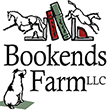
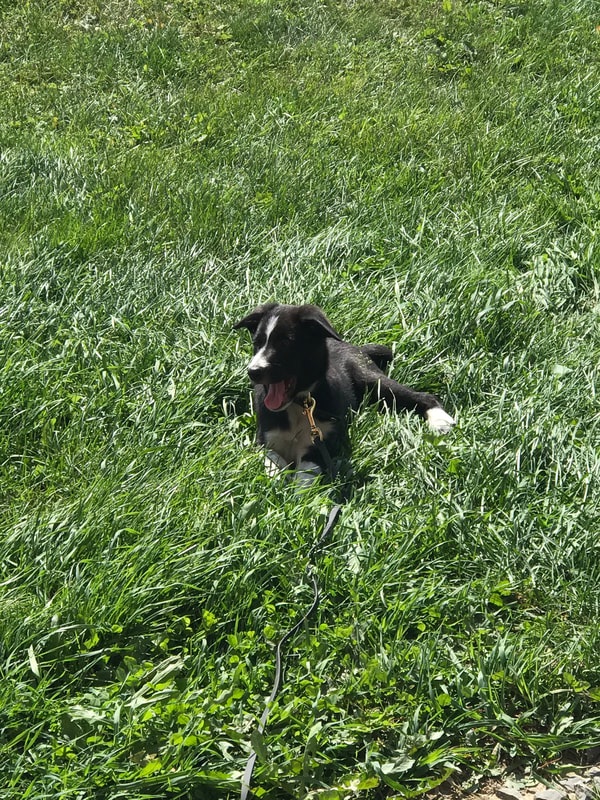
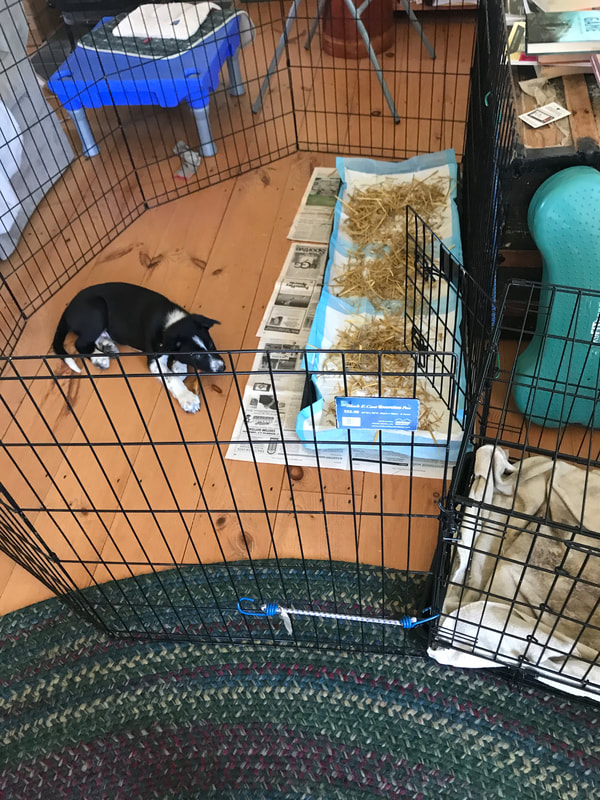
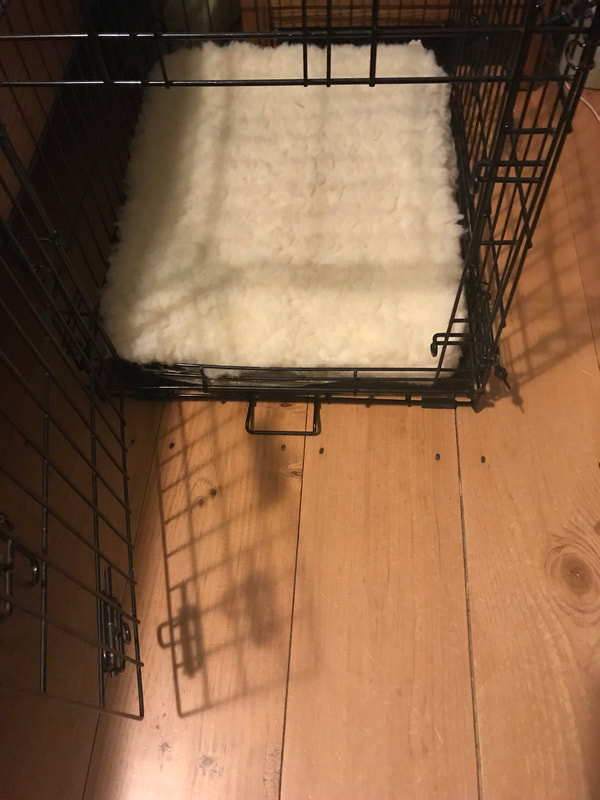
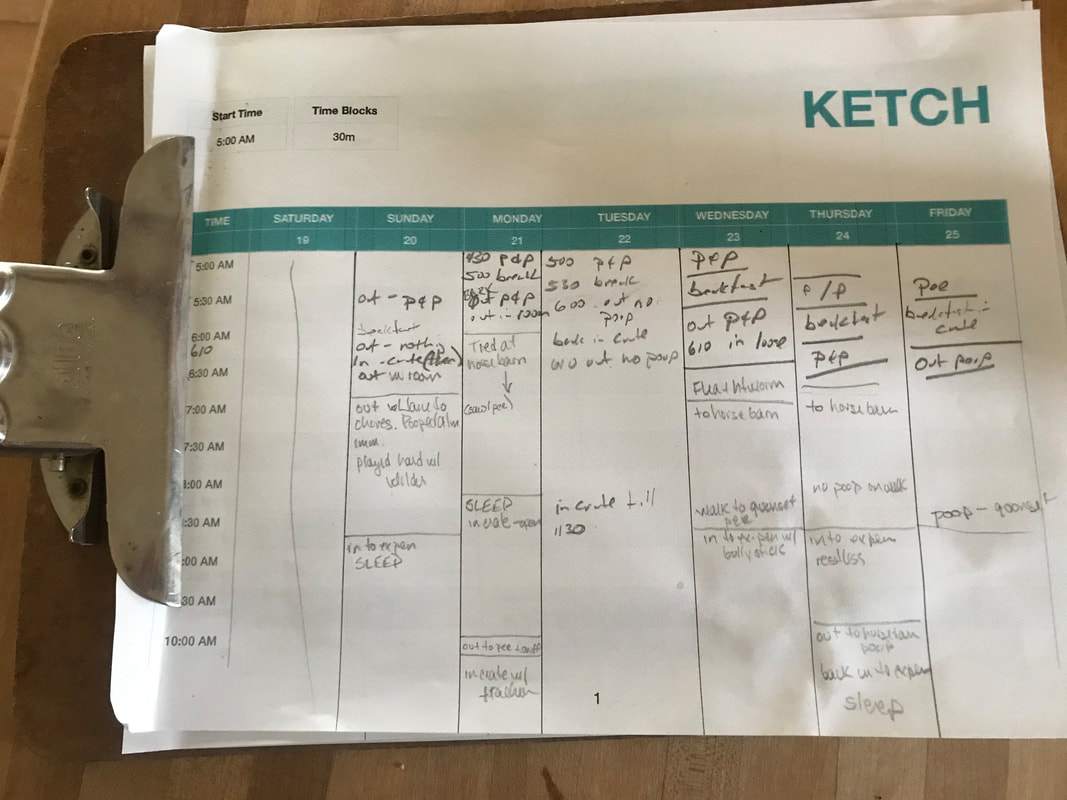
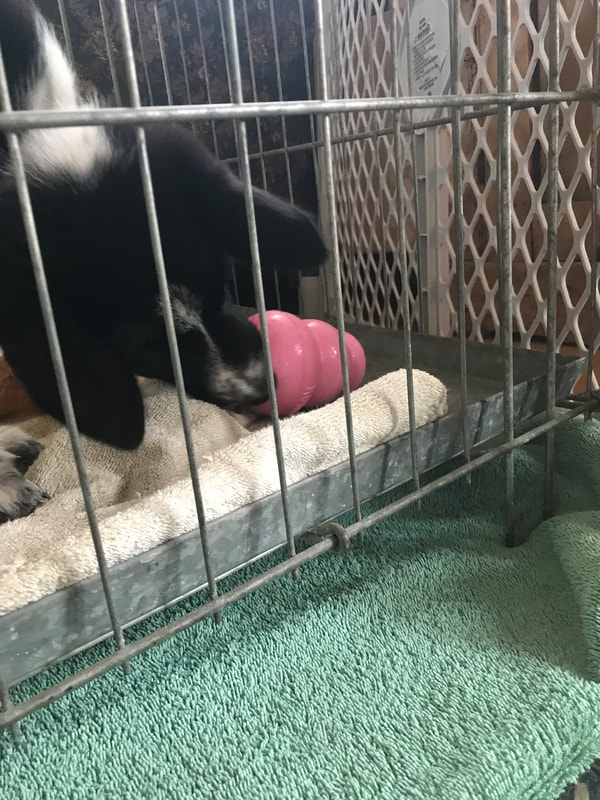
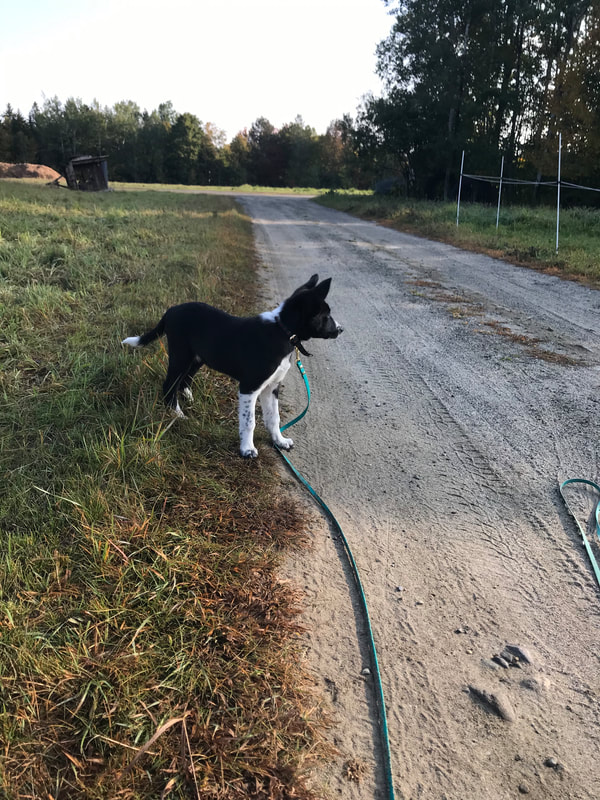
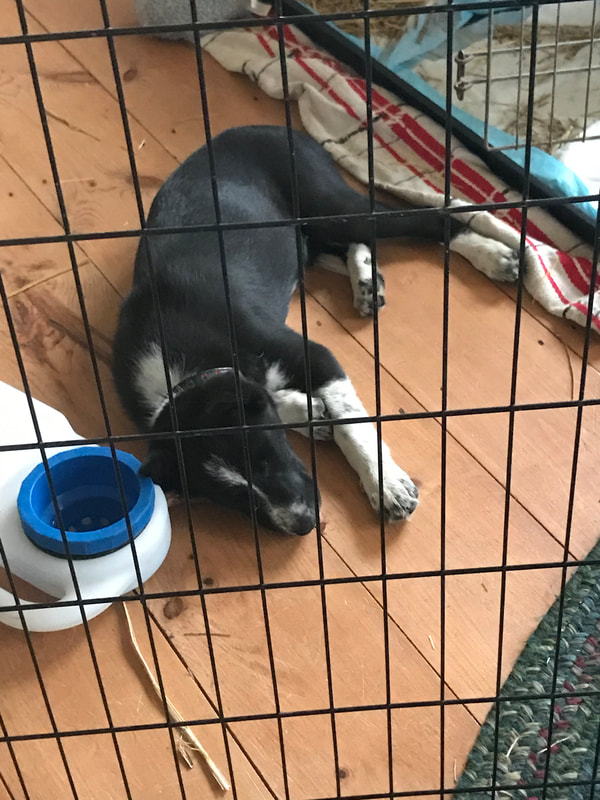
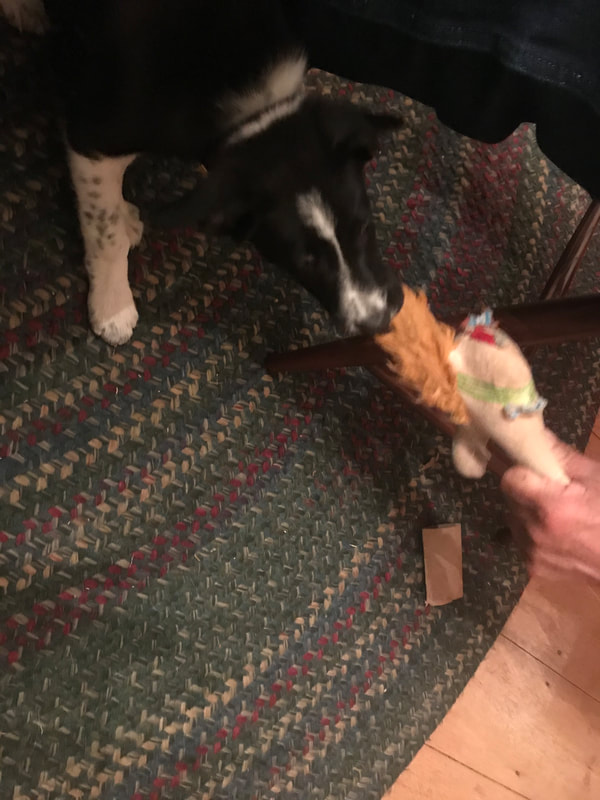
 RSS Feed
RSS Feed